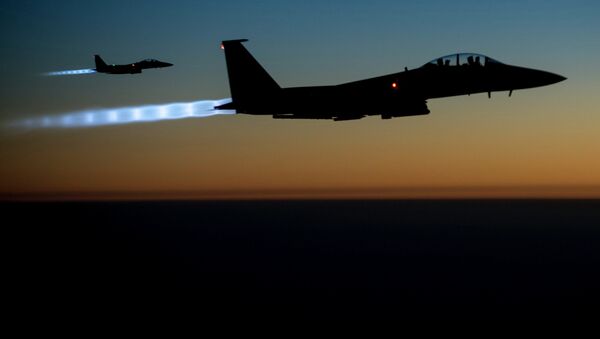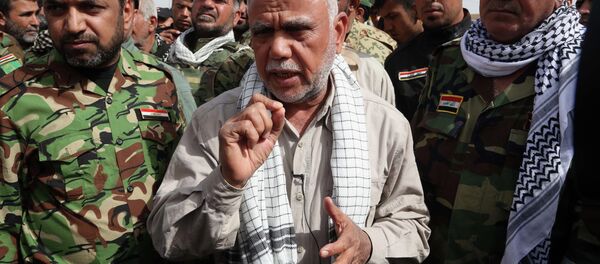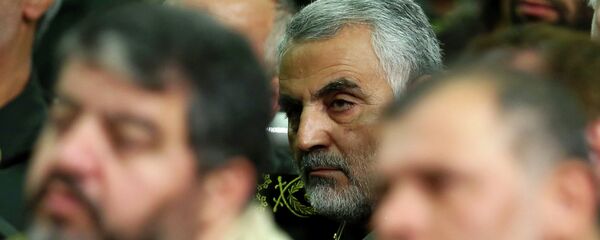A US official says the airstrikes began after the Iraqi government requested US help. The official spoke on condition of anonymity because the American attacks had not yet been officially announced.
An Associated Press reporter in Tikrit reported hearing warplanes overhead late Wednesday, followed by multiple explosions.
Asked whether the coalition would at least tacitly be supporting Iranian-backed Shia militia involved on the ground, a US official told Reuters: "Of course we're not. We're supporting Iraqi security forces who are maneuvering to free Tikrit from ISIL's grip."
Reports surfaced earlier this week that the Iraqi government operation to retake the city had stalled three weeks after it began. The government and militias reportedly were divided after suffering greater casualties than anticipated.
After running into a stronger fighting force than expected, the government and militias paused the operation to call up reinforcements. They have remained on the outskirts of the city longer than planned, however, while Islamic State fighters stayed fortified in the city's center.
Earlier this week, Hadi al-Ameri, the commander of the Shia militia, slammed military figures who called for the US to help liberate the city, calling them “weaklings.”
"Some of the weaklings in the army … say we need the Americans, while we say we do not need the Americans," said al-Ameri.
Further exacerbating the relationship between Iran and the US was CIA Director John Brennan, who expressed uncertainty about Iranian Major General Qassem Soleimani. On Sunday, Brennan said that Suleimani – and Tehran, at large – could destabilize Iraq even further once the Islamic State is defeated.
Regardless, the Shia militias remain a critical part of the operation.
So while the US may not see the ongoing airstrikes as assistance to Iranian-backed militias, and Brennan may be unsettled about Iran's role in the operation, any support the US provides in the effort to retake the city has to be considered support to Iranian forces.




